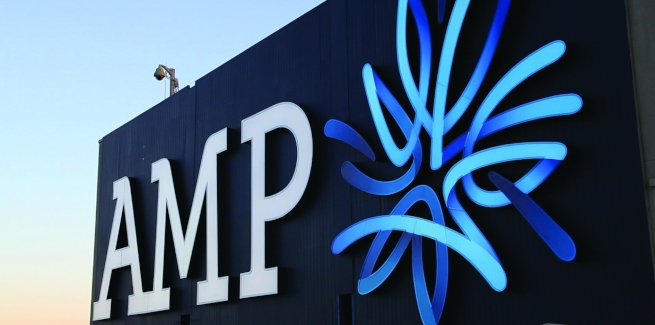According to AMP Limited’s (AMP) cash flow and asset under management (AUM) figures for Q1 of 2022, AMP Bank’s loan book grew by $500 million over the quarter, bringing its total loan book to $22.6 billion.
Comparatively, the non-major bank reported that its loan book grew by $300 million during the third quarter of 2021.
Coupling this latest development was a rise in total deposits, with this figure increasing by $1.7 billion over the quarter to reach a total of $19.5 billion.
AMP has said this reflects a deposit-to-loan ratio of 86 per cent, and that the majority of these flows were “sourced from customer deposits”.
Further, the results stated that AMP Bank’s residential loan growth, based on APRA market data from February, increased at two times system growth over the quarter.
According to AMP chief executive Alexis George, this upward momentum was associated with the bank’s focus on simplification.
“Our investments in technology to simplify and improve the lending experience has supported AMP Bank to deliver strong growth in a very competitive market, while also supporting customers to own their own home and invest in property,” she said.
Since 21 March, the bank has employed digital signature technology in a bid to fasten its home loan approval process.
In February, AMP Bank confirmed that it would be introducing a direct-to-consumer digital mortgage to market sometime in 2022.
Speaking to The Adviser in December, AMP Bank managing director Sean O'Malley said that the broker channel was “really important” to the bank, and that it was focused on improving both turnaround times and the broker experience over 2022.
“Our ‘how’ on both of those things is all about further leveraging technology,” Mr O'Malley explained.
However, AMP Limited’s figures also noted that AMP Capital’s, now known as Collimate Capital, assets under management declined on a normalised basis by 60 bps from the fourth quarter of 2021 ($52.8 billion) to now reach $52.5 billion.
AMP Limited has said this drop reflected its “strategic initiatives” for the first quarter of the calendar year.
These included the sales of its global equities and fixed income (GEFI) business to Macquarie Asset Management, its infrastructure debt platform to Ares4, as well as the transfer of its multi-asset group (MAG) to its Australian wealth management business.
All three of these actions concluded over the quarter.
“In AMP Capital our focus has been on delivering on our strategic objectives with the divestment of the GEFI business and infrastructure debt platform, alongside the transfer of the MAG capability to our wealth management business,” Ms George said.
Ms George added that following the group’s recent transactions of Collimate Capital’s real estate and domestic infrastructure equity business to Dexus Funds Management and its international infrastructure equity business to DigitalBridge Investment Holdco, AMP has been set up for a “strong sustainable future” with a clear strategy to grow both AMP Bank and its wealth management businesses.
[Related: AMP targets faster turnarounds with new tech]
 ;
;